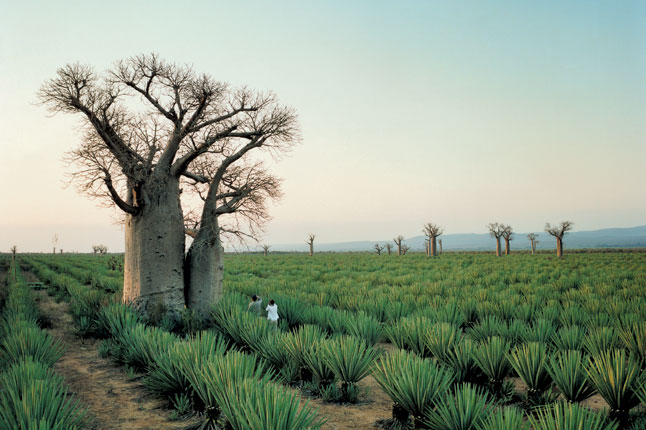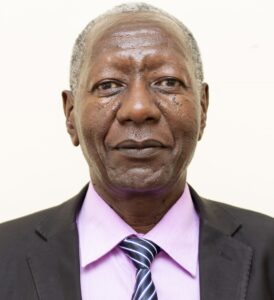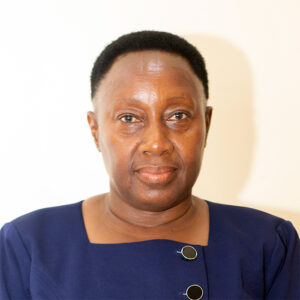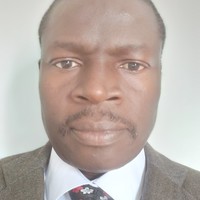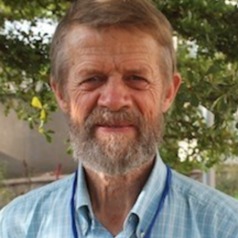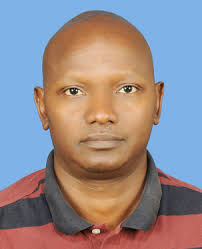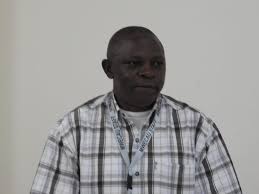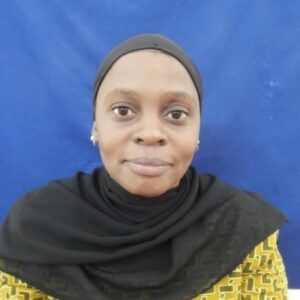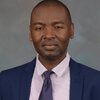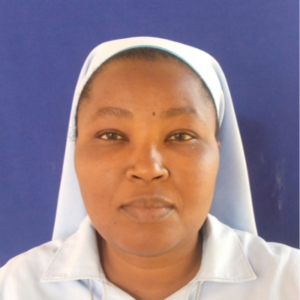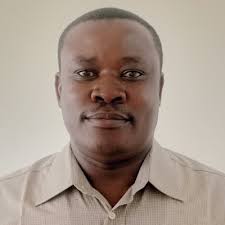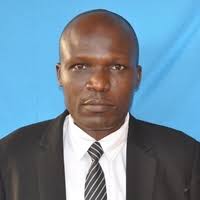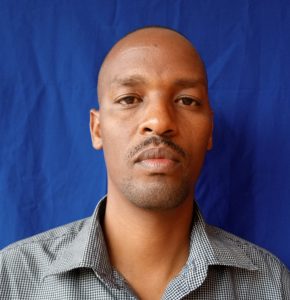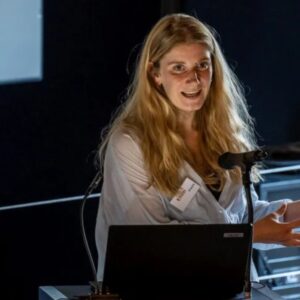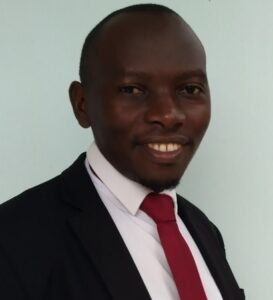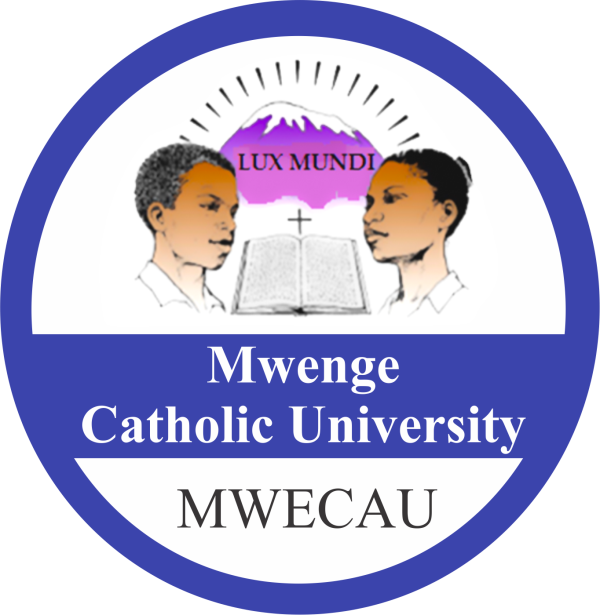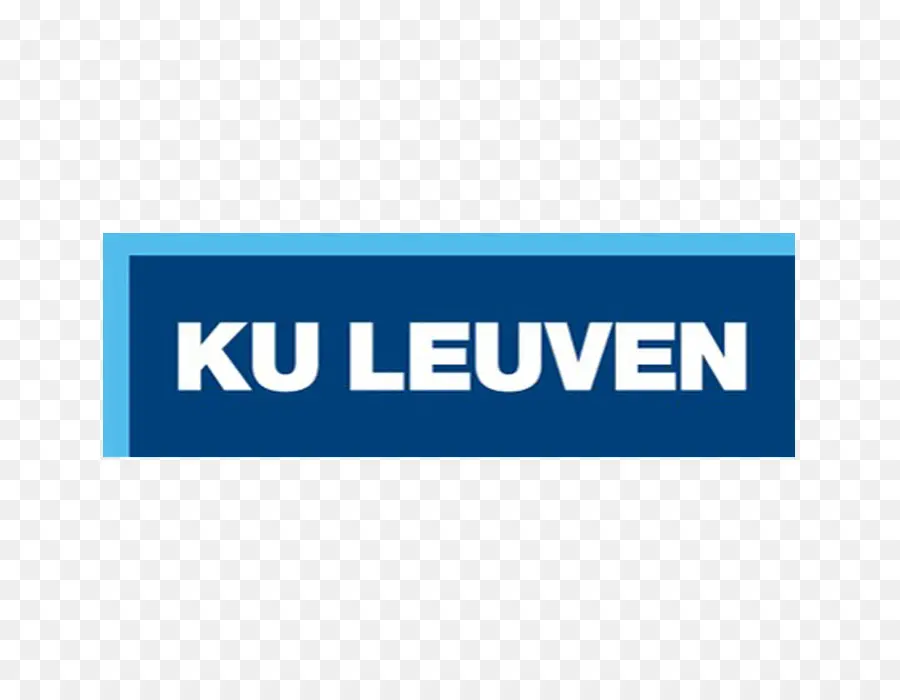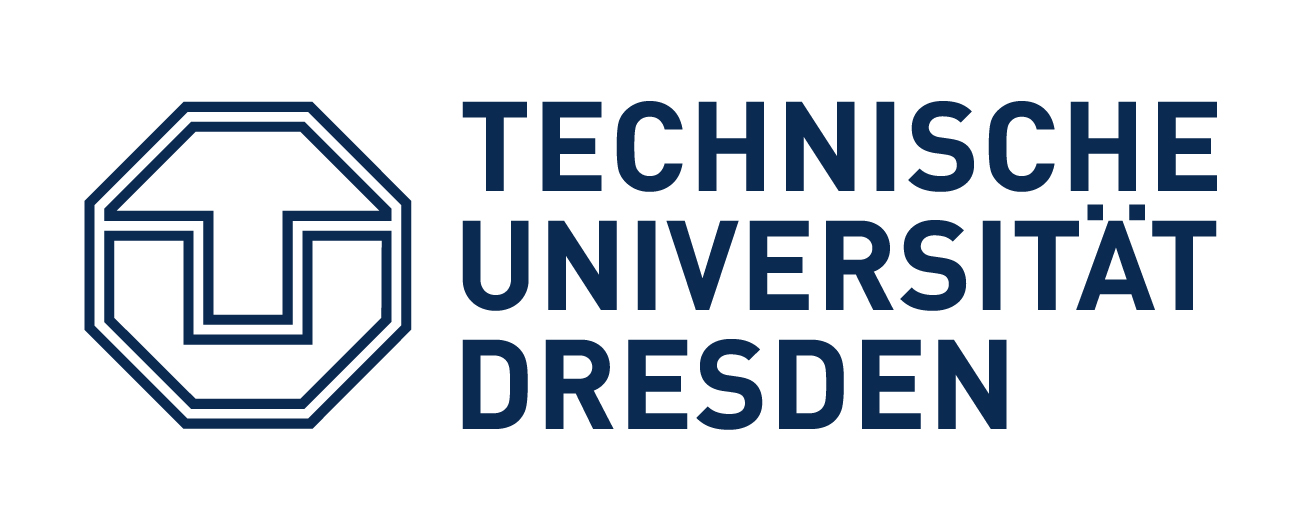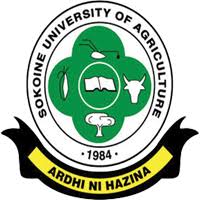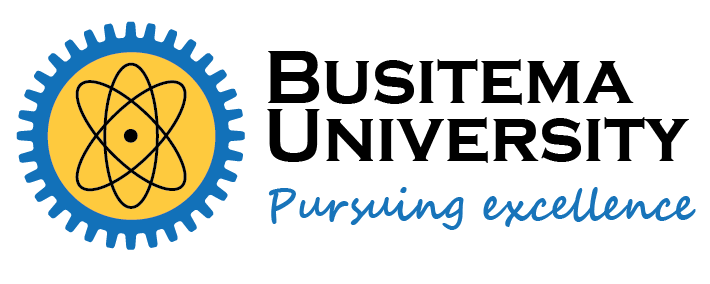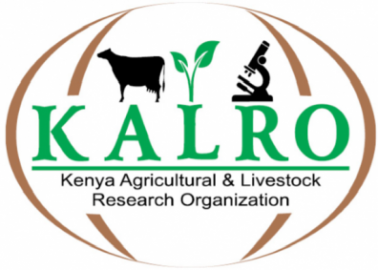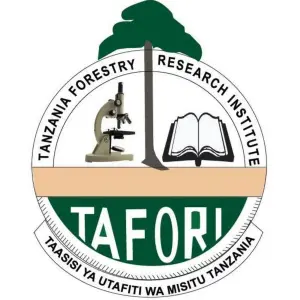JOINT 6th MWECAU & 30th Soil Science Society of East Africa (SSSEA) International Conference 2025
ABOUT THE CONFERENCE
Tropical ecosystems are diverse and globally significant, spanning across all continents in the tropical belt. Favourable climatic and soil conditions as well as strong altitudinal gradients result in high diversity. However, high population densities, in particular in mountainous ecosystems, also result in a high demand for ecosystem services. High-elevation landscapes are hotspots of biodiversity and endemism and hold significant potential for soil health through the ecosystems they encompass.
Tropical landscapes include a diverse array of ecosystems, ranging from montane forests to grasslands. In East Africa, the Albertine Rift is home to over 50% of continental Africa’s bird species, despite comprising less than 1% of the continent’s land area. The Eastern Arc Mountains of Tanzania and Kenya, despite covering only 5,000 km², contain over 1,500 endemic plant species and 121 endemic vertebrate species. These examples highlight the extraordinary concentration of biodiversity and underscore their global significance for conservation efforts. Tropical ecosystems are critical for regulating upstream and downstream processes such as the supply of clean water, regulation of local climate and maintaining soil fertility and slope stability.
The higher elevations capture moisture from cloud forests, which are then slowly released to surrounding lowland areas, providing ecosystem services such as water storage and purification. In East African landscapes, i.e. Mount Kenya, Mount Elgon, and Mount Kilimanjaro, impacts of land use change on ecosystem services including food, fodder, energy, soil fertility, and carbon sequestration are reported. These significantly influence the environmental and socio-economic dynamics of the regions.
Tropical ecosystems are under increasing pressure from a variety of external drivers and stressors, such as agricultural encroachment, population growth, poverty, expansion of invasive species, and accelerating climate change. These threats are leading to severe degradation, impacting ecosystem services, biodiversity, and the livelihoods of the communities. Despite their importance and critical vulnerability to land degradation, tropical ecosystems and their prominent diversity remain critical.
This conference aims to unravel the interconnected problems of understanding threats to soil health and socio-ecological dynamics in tropical ecosystems to meet emerging local and international sustainable development and conservation goals. Recent international agreements highlight the need to develop and support the implementation of ambitious approaches and programmes at national and regional levels anchored in the Paris Agreement and other multilateral climate change agreements.
This conference is an opportunity for the research community to disseminate information that will contribute to the effective implementation of these agreements and guiding conservation action. Hence, the Conference mostly welcomes soil scientists, environmental and social scientists, educationists, planners, policy makers, land use and health organisations interested in research and innovations to support knowledge transformations for promoting ecosystem resilience of tropical ecosystems in the tropics.
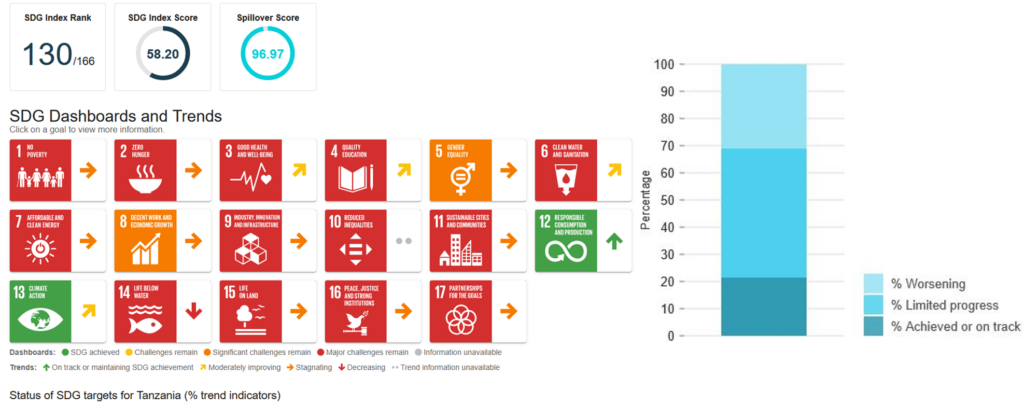
Objectives of the Conference
- Disseminate and discuss current research on ecosystem resilience of tropical ecosystems in the tropics
- Connect scientists and policy makers from multiple disciplines on the issue of resilience in tropical ecosystems
- Evaluate human actions in their living environment as mitigators or amplifiers of future climate challenges
- Advocate the need for including the situation of vulnerable groups and persons with special needs in land restoration designs
- Determine pathways to inclusive and sustainable rural development programmes for ecosystem resilience in the tropics
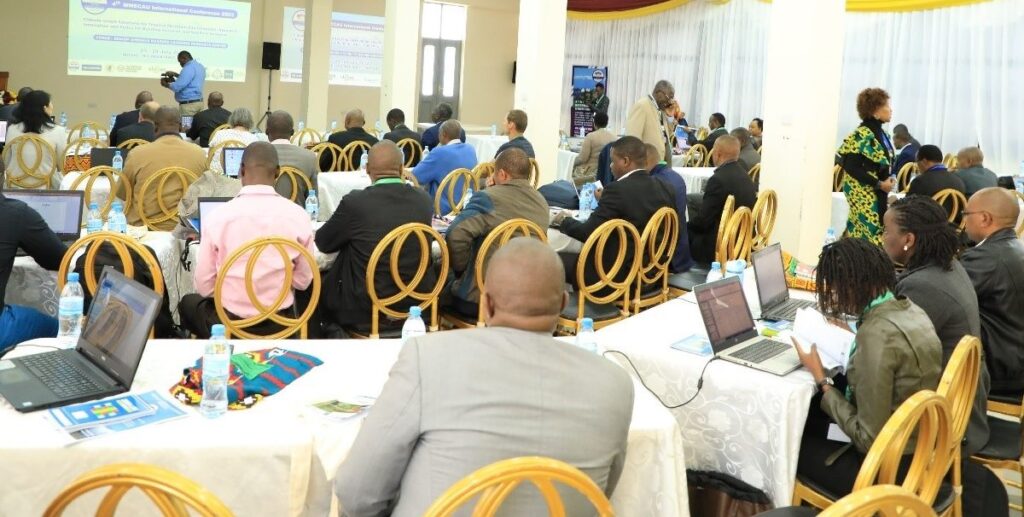
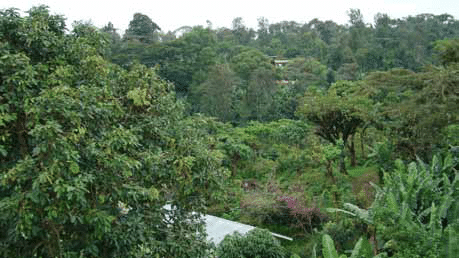
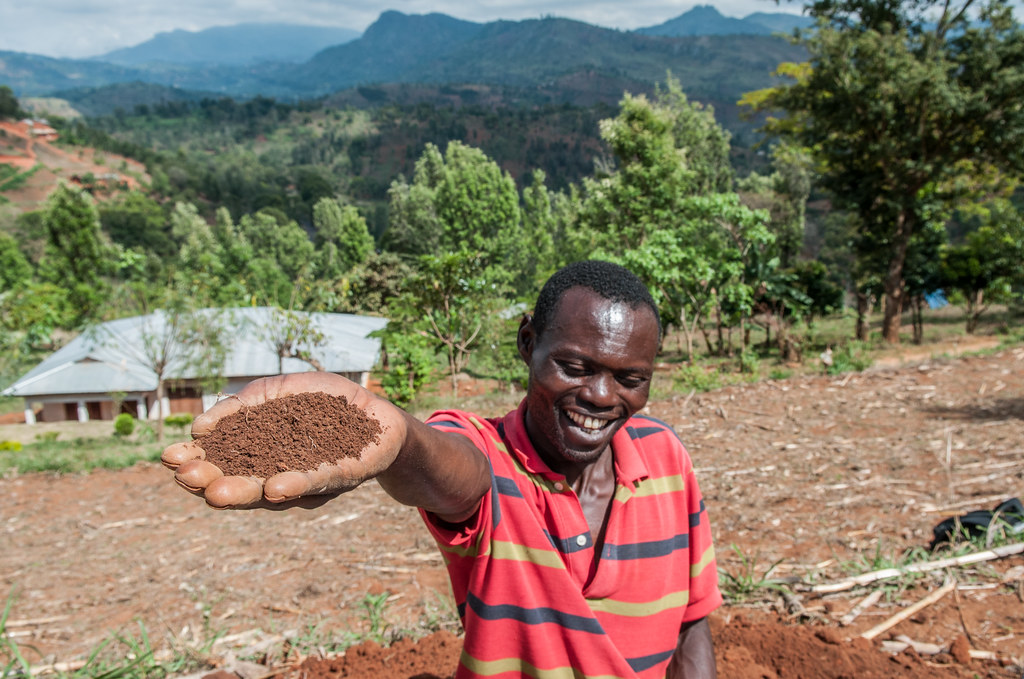
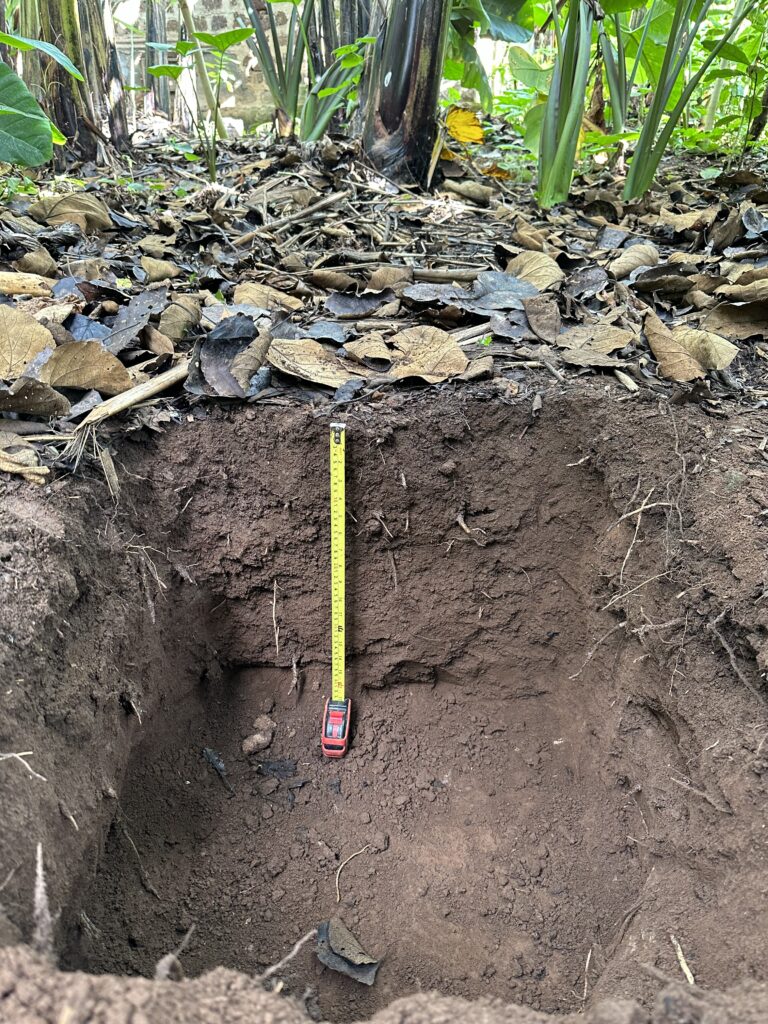
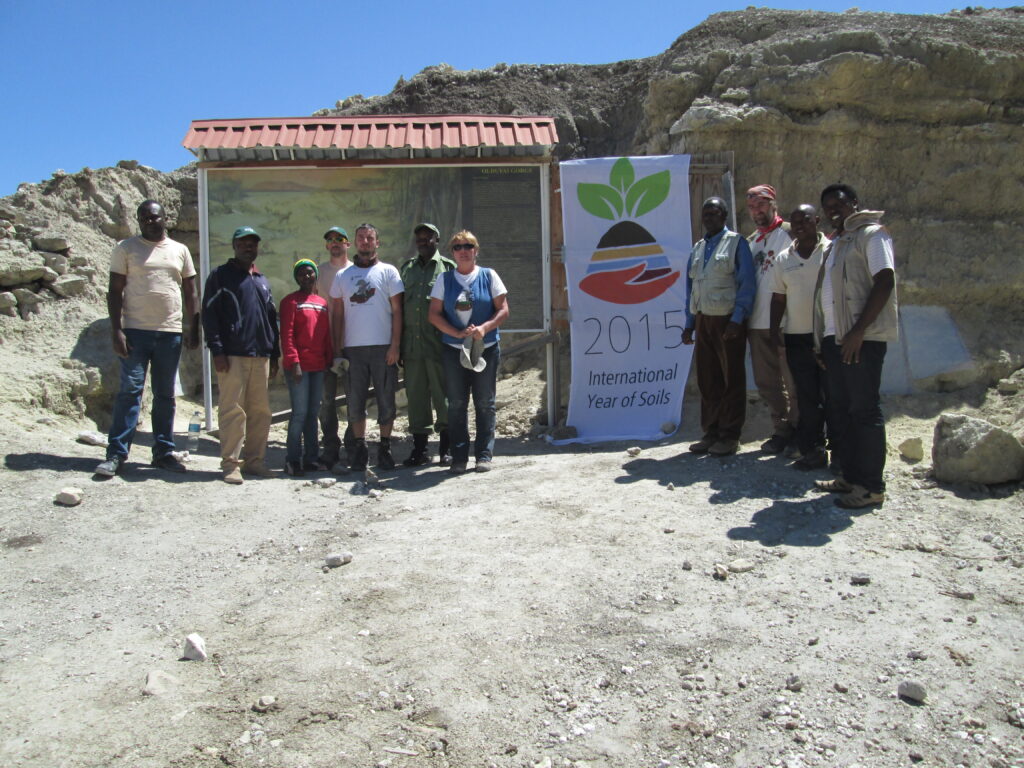
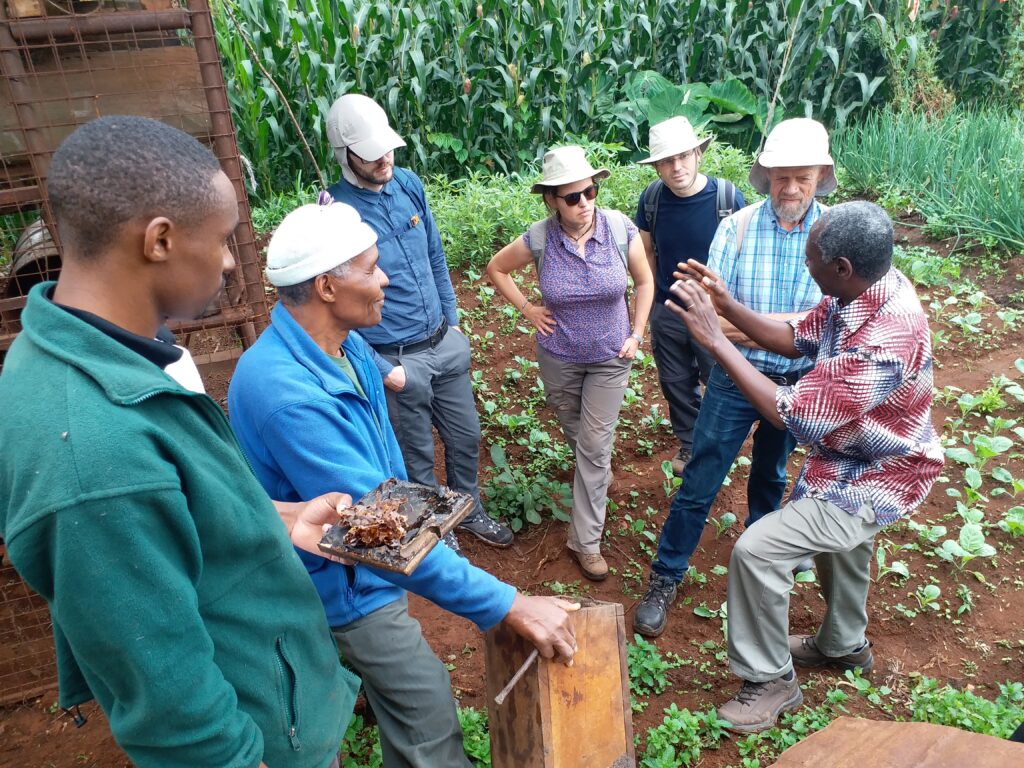
Conference Themes
Main Theme
Catalysing Knowledge Transformations to Promote Ecosystem Resilience in Tropical Environment
Sub Themes
- Threats and stressors for tropical ecosystems: land degradation, climate change, biodiversity loss, soil health loss and land use change
This sub-theme focuses on describing and quantifying the impact of major threats in tropical ecosystems and how these stressors are interconnected
-
- Threats in tropical ecosystems: land degradation, climate change, biodiversity loss, and land use
- Threats of soil health in tropical ecosystems: land degradation, climate change, biodiversity loss, and land use change
- (Inter) connecting types and scales of stressors and ecosystem services in tropical ecosystems to their primary economic orientation and land use.
- Soils as an integral part of ecosystems
This sub-theme focuses on the relation between biodiversity and ecosystem functioning and the role of soils in ecosystem service provision
- Soils as integral parts of ecosystems: Relations between biodiversity and ecosystem functions and services
- Interconnecting tropical ecosystems and human communities: Role of soils for the provision of critical ecosystem services
- Soil health restoration strategies
This sub-theme focuses on restoration and management strategies that involve soil health. Presentations can include a variation of approaches from organic farming to watershed management, the potential of amendments, agroforestry and indigenous methods for soil restoration.
- Sustainable soil management as part of integrated watershed management
- The potential of amendments (liming, rock powder, compost, biochar) for sustainable management of soil health
- Ensuring soil health: Agroforestry and indigenous methods for soil restoration
- Organic farming in Africa: It’s potential to feed the growing population, employment creation, and environmental conservation
- Climate-smart management strategies
This sub-theme focuses on climate-smart agriculture practices in crops, livestock, fisheries & aquaculture and forest management.
- Climate-smart agriculture practices in crops, livestock, fisheries & aquaculture and forest management
- Socio-, economic and policy-based strategies
This sub-theme focuses on the sociologic, economic and policy aspects of restoration strategies.
- Investment in agriculture: profitability and policies for crop, soil and water management
- Empowering farmers and agricultural innovations
- Indigenous-led restoration and management of socio-ecologically and culturally significant landscapes
Call for Abstracts
Categories
At this conference, it is possible to submit an abstract for contributions in the following categories:
- Paper presentation
- Poster presentation
Guidelines and requirements for submission:
Abstracts should be submitted by the deadlines for consideration. The abstracts for the paper presentation should have the following structure: short title, authors’ names and affiliations (list multiple affiliations one below the other) and mark each with a superscript “1” “2”, etc. Mark the name of the corresponding author with an asterisk (*). Provide the Email address of the corresponding author. The abstract should not exceed 200 words in correct English. Font style and size should be Times New Roman 12, line spacing of 1.5, in continuous text without subtitles or paragraph numbering. The abstracts will be reviewed for acceptance by the Scientific Committee and upon acceptance, they shall be inserted in the “Book of Abstracts”. Likewise, abstracts for poster presentations can be submitted under the same conditions. The posters should be in A1 format and of sufficient layout and graphical quality. The time frame for all the paper and poster presentations mentioned above is 10 minutes + 5 minutes for discussions.
Key dates & deadlines:
- Deadline for submissions of abstracts 30th June 2025
- Notification of abstract acceptance 15th July 2025
- Full paper submission 31st August 2025
- Ultimate registration 30th July 2025
Submit Abstract
Conference Schedule & Venue
Conference Schedule
The International Conference on Catalysing Knowledge Transformations to Promote Ecosystem Resilience in Tropical Environments will be conducted in 5 days from 08:30am to 05:30pm.
Conference Venue
The five-days conference (29th September – 3rd October 2025) will take place at Bishop Amedeus Msarikie Learning Resource Centre of Mwenge Catholic University (MWECAU), Moshi, Kilimanjaro, Tanzania. MWECAU is a private Higher Learning Institution located in the urban setting of the Moshi Municipal on the southern slopes of Mt. Kilimanjaro. It is situated about 35 kilometres East of Kilimanjaro International Airport (KIA) and 550 kilometres North of Julius Nyerere International Airport (JNIA) in Dar es Salaam. The recommended nearest airport is KIA.
Venue

Conference excursion / Mid & Post-Conference excursion
Mid-Conference Excursion – Explore the Kilimanjaro Socio-Ecological System (KILI SES) Zone (lowland to Coffee-Banana Belt of Mount Kilimanjaro)
Embark on a captivating one-day mid-conference excursion from Moshi Municipal to the renowned Nkweseko Research Station (Machame), situated on the southern slopes of Mount Kilimanjaro at an elevation of 1,700 meters above sea level. This excursion offers participants a unique opportunity to explore the heart of the Coffee-Banana Belt, a paradise lost which needs to be restored to the Garden of Eden as a highly productive and socio-ecologically significant zone that sustains local livelihoods while showcasing the dynamic interplay between smallholder Indigenous agroforestry systems and environmental conservation.
More details on activities and highlights of this exciting excursion will be shared soon—stay tuned!
Dates: 1st October, 2025
Duration: One day
Attendance Fee: (see mid-conference excursion fees below)
Tour Programme: Coming soon
Tour Leaders: Prof. Dr. Didas Kimaro, Dr. Gileard Minja, Dr. Oforo Kimaro and Dr. Sibaway Mwango
Field trip goals: (Details will come soon)
Destination: Nkweseko Research Station (Machame)
Soil-related topics: Ecosystems Science and Management, Climate Change, Indigenous Agroforestry Systems, botany, hydrology, agronomy, biogeochemistry, humus forms and invasive/alien tree species.
Other multidisciplinary topics: Geopedology and Geomorphology
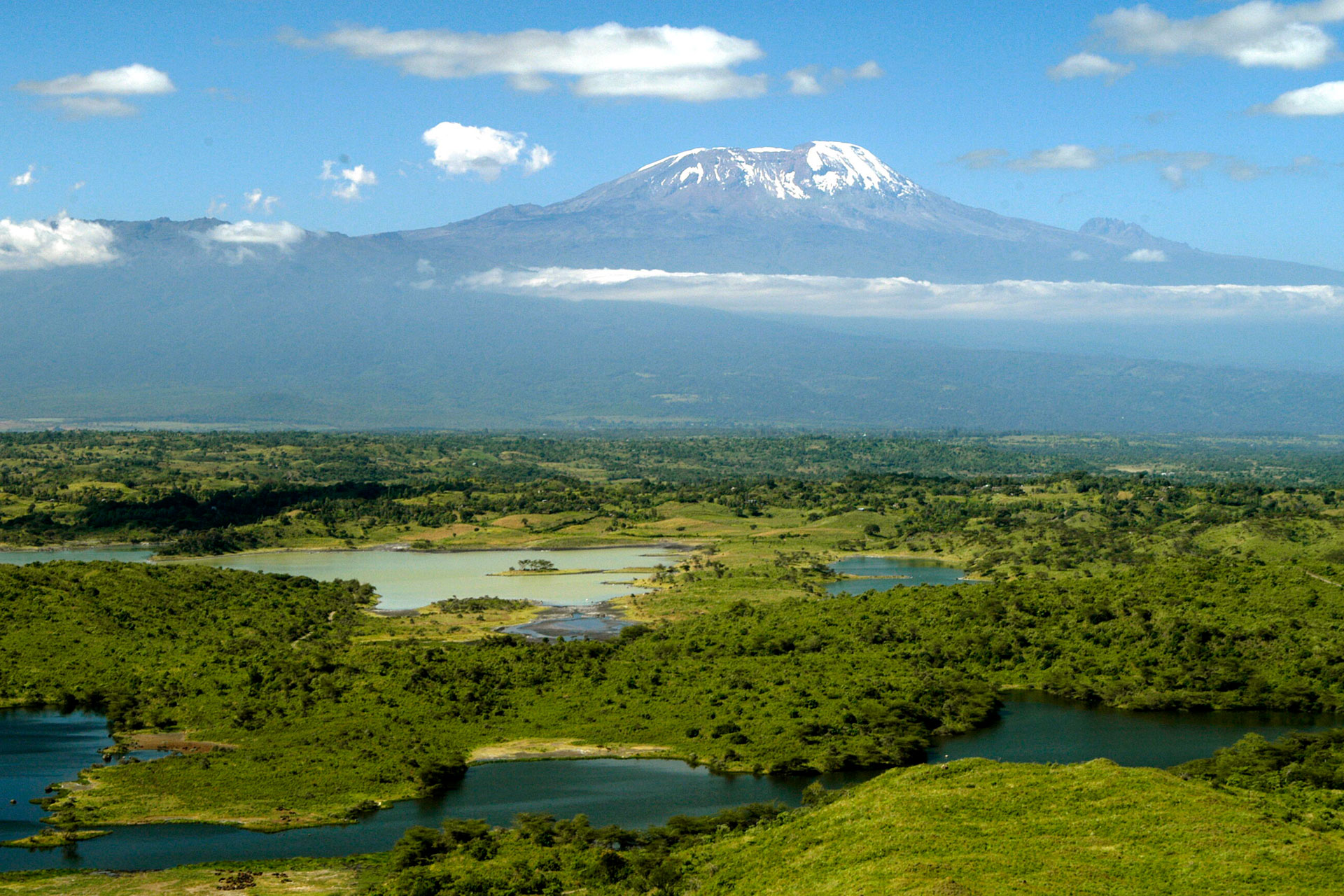
Post Conference Excursion- October 3, 2025
Join us for an exciting one-day post-conference excursion on October 3, 2025, exploring the breathtaking landscapes and rich geological heritage from Moshi Municipal to Tanga Municipal, located along the shores of the Indian Ocean. This immersive journey will take participants through the North-Eastern Arc Mountains, where they will witness Acrisols developing on ancient Precambrian basement rocks, predominantly composed of diverse quartz-rich gneiss. A key highlight of the excursion is a visit to the Korogwe-Muheza zone, the heart of Tanzania’s sisal industry. Here, participants will observe the original setup of sisal land-use systems, which have played a pivotal role in the country’s agricultural and economic history. Another fascinating feature of the transect is the Pangani River Plain, home to extensive Gypsisols formations derived from unconsolidated alluvial and colluvial deposits rich in weathered base materials. These soils support the gypsum mining industry, providing crucial raw materials for Tanzania’s cement production. Additionally, participants will have the opportunity to appreciate a remarkable piece of history-the German-built railway, constructed in 1891, which connects the port of Tanga on the Indian Ocean to the inland, passing along the scenic Usambara and Pare Mountains. This railway remains a testament to Tanzania’s rich colonial-era infrastructure and its influence on regional trade and development. Stay tuned for more details on this unforgettable post-conference excursion!
Duration: One day.
Attendance Fee: (See post-conference excursion fees below)
Excursion Programme: Coming soon!
Excursion Leaders: Prof. Dr. Didas Kimaro, Prof. Dr. Seppe Deckers, Dr. Oforo Kimaro, Dr. Gileard Minja and Dr. Sibaway Mwango
Field excursion goals: Observation of various soils and their management (Gypsisols found in the same climatic zones as Calsisols), from the origin soils of the volcanic parent material to the Pare and Usambara mountains scape (soils from old Precambrian complexes parent material) and their extensive lowland plains of the River Pangani, across diverse climates and land uses over short distances.
Destination: TARI-National Soil Service Mlingano Tanga; enroute to Tanga City.
Soil-related topics: Geomorphology (landscape), Geopedology, land use systems, botany, hydrology, agronomy, biogeochemistry, humus forms and invasive/alien tree species.
Other multidisciplinary topics: ecosystem services, paddy/Sisal field management, climate change
Accommodation
There are several hotels within Moshi Municipality. Uhuru Hotel (alcohol not served) which is located about 5 km South of the conference venue has double and single rooms. Keys Hotel (alcohol served) is about 7 km from the conference venue with double and single rooms. The Conference Organisers may assist the participants in making hotel bookings. For other places of accommodation, please visit https://www.booking.com/ and see options available at Moshi Municipal. The costs for accommodation in Moshi Municipal range from US$10-150. Alternatively, contact the conference organisers in case you need assistance with hotel booking through; conference@mwecau.ac.tz.
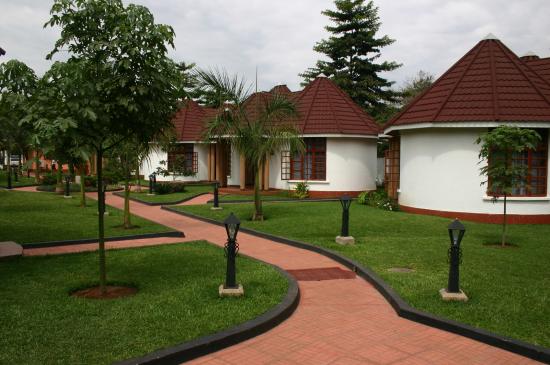

Conference Chairs

Technische Universität Dresden (TUD, Dresden University of Technology), Germany.
Conference Secretariat
Scientific Committee

Technische Universität Dresden (TUD, Dresden University of Technology), Germany.

The Nelson mandela African institution of Science and Technology
Conference fees
The Conference fees include registration, refreshments, lunch, and Book of Abstracts.
Please place your payment on the following Bank account numbers:
USD ACCOUNT
Bank: National Bank of Commerce (NBC)
Account No: 017105003185
Name of the account holder: Mwenge Catholic University
SWIFT CODE/BIC: NLCBTZTX
Bank and branch number (Sort Code)
Bank address: NBC PLC, P.O. BOX, 3030 MOSHI, TANZANIA;
TANZANIA SHILLINGS ACCOUNT (TZS)
Bank: Exim Bank
Account no: 0776151518
Name of the account holder: Mwenge Catholic University
Bank Address: Moshi Branch, Old Moshi Rd, 25102
Please, on all money transfer notes/pay slips made to the Conference Secretariat indicate the following details: Joint 6th MWECAU & 30th Soil Science Society of East Africa (SSSEA) International Conference 2025 and the participant’s name.
If you have made a late payment, please bring a copy of the payment to the conference.
Confirmation
An official confirmation of registration will be e-mailed to the participant upon receipt of registration fees. Please remember to bring your proof of payment for presentation upon request. It is your personal responsibility that all details such as address, booked events, number of tickets, hotel reservation, date of arrival and departure, etc. are in accordance with your wishes. We therefore strongly recommend that you read and check the confirmation of registration carefully to avoid errors. In the event of any errors in the confirmed, please contact Conference Secretariat in writing.
Conference Registration
Pay $/TZS
| East Africans | TZS 250,000 |
| Others | US $ 200 |
| East African Students | TZS 100,000 |
| Other Students | US $100 |
Mid Conference Excursion
Pay $/TZS
| East Africans | TZS 100,000 |
| Others | US $ 60 |
| East African Students | TZS 50,000 |
| Other Students | US $ 30 |
Post Conference Excursion
Pay $/TZS
| East Africans | TZS 200,000 |
| Others | US $ 180 |
| East African Students | TZS 120,000 |
| Other Students | US $ 90 |
Contact Us / Conference Secretariat
All conference emails, enquiries and correspondences that include submission of abstracts for oral and poster presentation and full papers should be sent to conference@mwecau.ac.tz.
Mwenge Catholic University
P.O. Box, 1226, Moshi, Tanzania
Phone +255 272974110
Mobile: +255 754575526/+255767254000/+255755547595/+255784520466
E-mail: conference@mwecau.ac.tz
Submit Abstract
